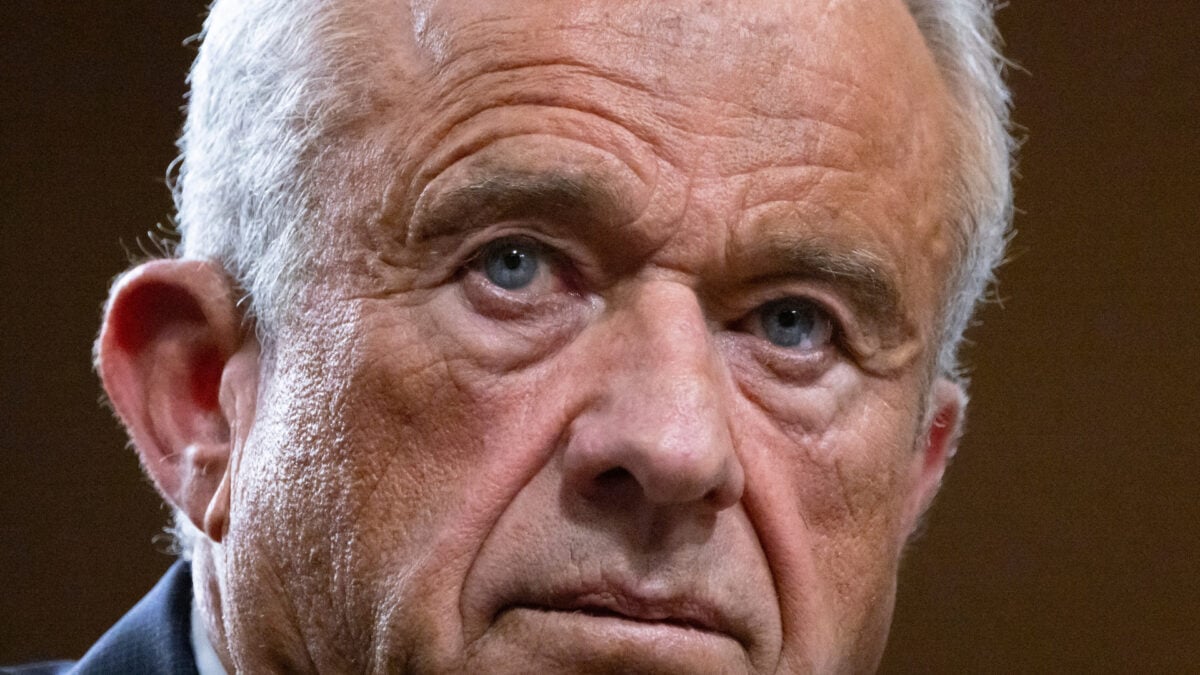The road to “make America healthy again” will apparently be paved with Apple Watches and Fitbits. Health and Human Services Secretary Robert F. Kennedy Jr. has unveiled a new campaign aimed at encouraging the widespread adoption of wearable health technology across the United States. The initiative, announced Tuesday afternoon during a House Energy and Commerce Health Subcommittee meeting, represents a significant push by the HHS to integrate technology into public health strategies.
During the meeting, Kennedy responded to a question from Representative Troy Balderson (R-Ohio) about the role of wearables in healthcare. Kennedy revealed that the HHS plans to launch one of its largest advertising campaigns ever to promote the use of these devices. “In my ideal future, every American will be donning a wearable within the next four years,” Kennedy stated in a post on X following the meeting.
Potential Health Benefits and Current Limitations
Some medical experts are optimistic about the potential for wearables to act as early warning systems, alerting users to personalized health risks, including viral infections, before symptoms appear. Wearables are already widely used by individuals with chronic health conditions. For instance, continuous glucose monitors (CGM) provide real-time blood sugar measurements for people with diabetes.
However, the potential benefits of wearables have yet to be fully validated by large-scale research. While CGM devices are beneficial for those with diabetes, no published studies have demonstrated health benefits for individuals without the condition. Additionally, some wearables have been found less accurate than traditional methods such as electrocardiographs or even personal self-assessment.
Commercial Interests and Privacy Concerns
It’s noteworthy that the current nominee for U.S. Surgeon General, Casey Means, co-founded a company that provides CGMs and other health trackers. Means has described CGM as “the most powerful technology for generating the data and awareness to rectify our Bad Energy crisis in the Western world.”
Beyond the hype, privacy concerns loom large. Privacy advocates and labor rights groups warn that there are few protections against employers potentially misusing health data collected from wearables. Additionally, data breaches could expose personal health information to malicious actors.
Leadership Controversies and Public Skepticism
These challenges are not insurmountable, but skepticism is understandable given the current leadership. Kennedy has been criticized for spreading misinformation on various health issues, particularly vaccines. Earlier this month, he dismissed all 17 members of an advisory panel on vaccine policy, replacing them with new appointees, some of whom have controversial views on vaccine science.
This week, the newly formed panel is set to reexamine long-debunked claims from the anti-vaccination movement, such as the alleged health risks of thimerosal in flu vaccines. Such actions have raised concerns about the credibility of health recommendations under Kennedy’s leadership.
Future Implications and Next Steps
While there’s nothing inherently wrong with wearables, the push for their widespread adoption under Kennedy’s leadership raises questions. The potential for wearables to revolutionize health monitoring is significant, but it must be balanced with rigorous scientific validation and robust privacy protections.
As the HHS moves forward with its campaign, it will be crucial to address these concerns transparently. The success of this initiative may well depend on public trust in the leadership and the technology itself. Whether or not every American will be sporting a wearable in four years remains to be seen, but the conversation around health technology and privacy is sure to continue evolving.
